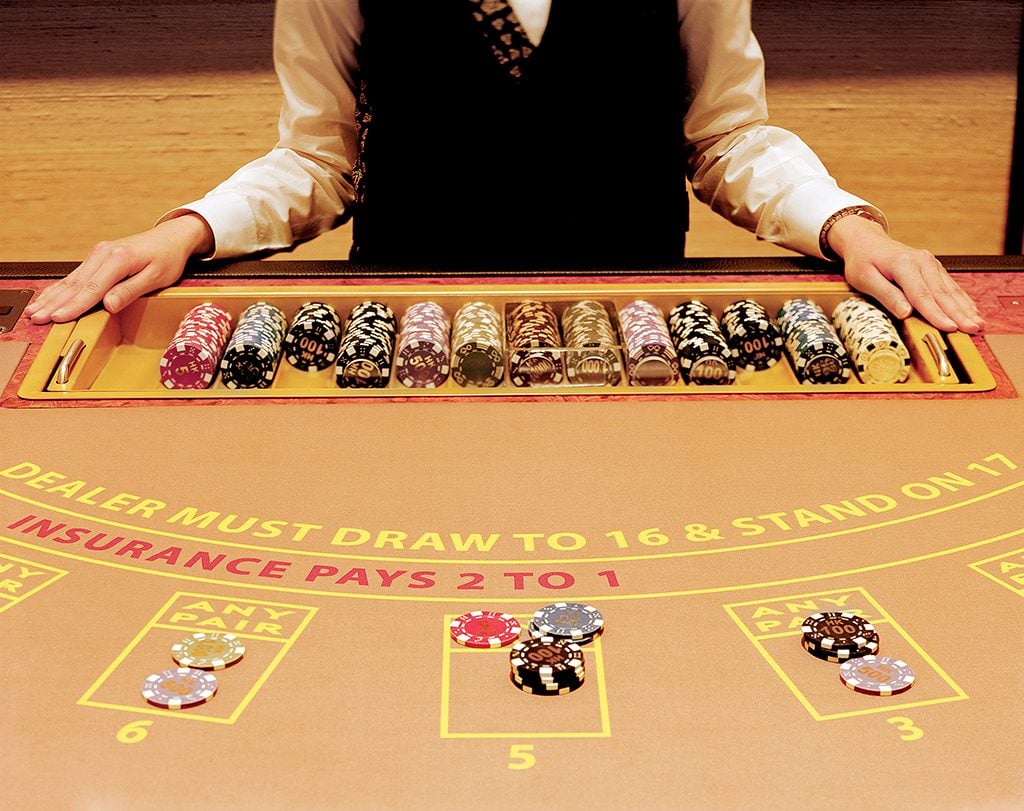
Casino games have long been a captivating entertainment option, drawing millions of players from different cultures around the globe. From the glitzy casinos of the Strip to the busy gambling halls of the Chinese gambling capital, these games serve as a common thread that unites people across various backgrounds. The allure of fortune, tactics, and uncertainty entices not only those hoping to strike it rich but also those looking for a feeling of belonging.
The cultural impact of casino games extends far beyond the gaming floor. They often represent the values and traditions of the societies in which they thrive. Games such as seven-card stud, pontoon, and the wheel game have integrated into the fabric of mainstream culture, influencing various aspects from cinema to fashion. As we explore this captivating intersection of gambling and society, we can gain insights into how casino games shape and are influenced by the environment surrounding us.
Historical Development of Gaming Games
The origins of gaming games can be tracked back to ancient civilizations, where betting in various forms was widely performed. In China, around 2300 B.C., a form of gambling known as Keno was common, while in ancient the Roman Empire, soldiers would frequently bet on the consequences of their contests. The concept of using randomness for fun and gain developed over the ages, leading to the formation of more formal activities. By the final Middle Ages, gambling houses initiated to surface in the continent, especially in Italy, which introduced early forms of well-liked activities still enjoyed today.
As gambling expanded popularity in Europe, the 17th and 18th centuries saw the appearance of casinos as exclusive locations for gambling. The earliest official gaming venue, the Ridotto, was founded in the city of Venice in sixteen thirty-eight, featuring activities like Baccarat and Faro. This era marked a major pivoting point, as gaming venues commenced to draw not just the high society but also the burgeoning middle-income class. The sophistication of activities grew, leading to the introduction of new regulations and versions that enhanced the play experience.
In the 19th century, the industrial revolution and shifts in societal conventions additionally altered the terrain of gaming activities. The arrival of the game of roulette and modern one-armed bandits drew a more diverse clientele, and casinos became seen as acceptable entertainment. This time witnessed the globalization of casino activities, as gambling houses expanded from European nations to the Western Hemisphere, culminating in the creation of the famous Las Vegas Strip in the 20th century. The progress of gambling activities has persisted into the current era, including technology and online sites, allowing them accessible to a universal market.
### Cultural Significance in Various Cultures
Casino games have profound social significance within numerous communities across the planet. Places like Las Vegas, the very essence of the urban landscape is woven around casinos, where playing is not just a recreational activity but a central aspect of leisure and social interaction. The bright lights and lively atmosphere attract countless individuals, showcasing how gambling activities can shape local economical structures and cultural uniqueness. This environment transforms the notion of leisure into an enriching event that shapes style, music, and even film.
Conversely, some communities approach wagering with an air of caution, considering it through the lens of ethical considerations and customs. For instance, in various Asian cultures, games like Mahjong and Pai Gow Gambling are rich with history and carry significant social relevance. These games are often played during meetings and occasions, fostering community bonds and solidifying familial ties. The act of participating in these games goes beyond mere entertainment, reflecting values such as honoring elders and the value of communal fun.
Simultaneously, in Western countries such as the principality of Monaco and Italy, gambling activities serve as symbols of luxury and refinement. The refined atmosphere of these establishments attracts both visitors and residents, upholding a sense of status and rarity. The art of poker and the tactical components of games like the game of baccarat are esteemed, molding social dynamics and creating an appeal that captivates a varied audience. This underscores how gambling can simultaneously echo and mold cultural attitudes towards danger, gain, and community interaction.
Economic Impact and Tourism
Gambling activities play a significant role in the economic landscape of many areas, particularly those that depend significantly on visitor traffic. The revenue produced from casino operations fuels local economies, creating jobs not only within the casinos themselves but also in connected industries such as hospitality, restaurant services, and recreation. This influx of tourists, drawn by the allure of gambling and the overall gaming environment, stimulates spending across multiple local enterprises, contributing to the economic vitality of the region.
The presence of casinos often leads to the construction of facilities, including lodging, transportation systems, and leisure amenities. These developments are essential in enhancing the overall visitor satisfaction, making destinations more attractive to tourists. Additionally, many casinos invest in local communities through support of events and philanthropic activities, further integrating themselves into the social fabric of the locality. Such contribution not only supports economic growth but also cultivates a positive reputation of the casino industry. https://xx88.asia/
Furthermore, the global popularity of casino games drives tourism competition, with locations vying to attract players from around the world. Iconic locations like Las Vegas and Macau have become identifiable with gambling culture, drawing millions annually. This advantage encourages creativity and variety within the gaming industry, influencing trends in leisure and accommodation that extend beyond their borders. The consequences of this tourism extend wide, impacting local economies and cultural interactions on a worldwide scale.